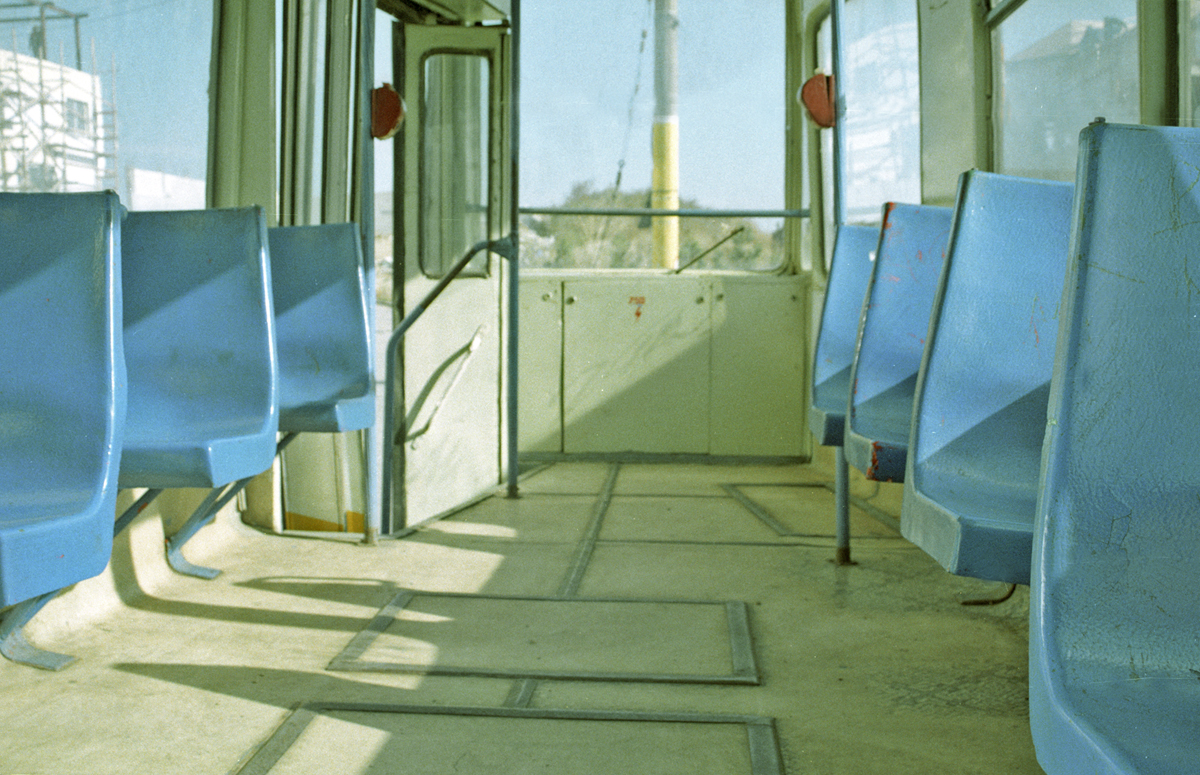“Please come home,” says my wife in my ear. “I’m scared.” The World Health Organisation believes mobile phones are not carcinogenic. But once an idea gets into your head it grows like a tumour. “This is not the apocalypse,” I say. My voice echoes around the bathroom; eight steps long from sink to urinal. The freshener on the lip of the toilet bowl drools a lucid blue smear into the pool. “Africa is underwater,” she says in her nagging mother tone. “There
are fireballs raining on Europe. You can’t tell me this is normal.” The World Trade Organisation defines environmental crises as “largely unexpected changes in environmental quality that are difficult if not impossible to reverse”. This is optimistic. The known but unmentioned truth is that the environment has always been doomed. Look at The Club of Rome’s Limit’s to Growth. Look at how the first world cannot bring itself to lower its standard of living to save the third world or even to save themselves. Last week my wife told me she was saving the environment because she recycled the egg carton. Then she drove to the shops for more eggs. We have always been in an environmental crisis. So when the religious nut-jobs call this the apocalypse it is not really. “I can’t come home. They need me here. This is the opportunity of a lifetime. We were right! No-one can deny climate change now. The people will throw their money at us. The government will give us unlimited power. This is the day we can finally start saving the environment.” I start pacing again and let the patter of steps control my breath. She is acting so human. This is bigger than that. “I’m putting your daughter on the phone,” she says, “And maybe you can explain to her why you don’t want to spend your last hours on Earth with your family.” There is a rustling as I am shaken around in my wife’s fist. The bathroom door opens and Caldwell comes in with his fly already undone and a blood-red slit of underwear winking at me. Without looking at me he moves across the room to a urinal. I don’t break stride. “Daddy?” says that soft, milky voice. “I’m scared.” “Darling,” I say, “don’t be. Nothing is ever as bad as the man on the television makes it seem.” I hear a gentle stream of piss hitting the urinal. He is trying to piss quietly so he can listen in. “Humans have been surviving for tens of thousands of years. Whenever something bad happens they think of a way around it. It’s called neoliberalism. Do you want to be scared or do you want to be an explorer of the future?” I feel like a traitor justifying neoliberalism to an eight-year-old while my boss listens in. “What is he telling you, Emily?” My wife’s voice in the background. “He says I’m an explorer of the future.” “Give me the phone back,” she says. I stare at the bathroom tiles as I pace and wonder why we don’t get anyone in to clean it. “What do you think you’re doing?” she growls. “Do you really want me to tell my daughter that we’re all going to die, because not only is it bullshit but it’s not helpful.” My voice is a coarse whisper trying to hide under the hiss of urine. “Have you ever considered why people try to save the environment? It’s not for their children’s future but because they have the absurd delusion that they will live to see some difference made. It’s all bullshit.” He hits flush. His urine begins the journey along thirty kilometres of piping, through the pump station, inlet screens, extended aeration tanks, sludge filtration systems and UV disinfection ponds until it becomes water again. “Well it’s been lovely to talk to you, honey,” I say over the hiss of the tap. “But I need to get back to work now. I’ll see you tonight. I’ll pick up takeaway on the way home. Goodbye.” Caldwell is watching me in the mirror reflection. “Everything all right?” he asks. “Oh, you know. Marital troubles.” “I hear you. Don’t you miss the days of chaining ourselves to bulldozers and sleeping with those free love chicks?” “I suppose we’re getting old.” I follow him out of the bathroom. We walk through reception past rows of empty offices to the boardroom. The gaggle around the coffee machine dissipates as they see us arrive. “Membership has gone up four-hundred per cent,” Caldwell tells me. “The government is offering us a record-sized grant.” The boardroom is quiet, waiting for him to address them. I take my seat at the end of the table and he stands by the whiteboard. “Ok,” he tells the room. “We’ve got the resources, now what do we do?” He looks at me. I’m not sure what to say. By Scott Woodard Picture via Flickr

